What is a Master of Wine?
It’s a common question. Earning the Master of Wine (or “the MW” as it is often called) is a lot more than passing the World’s Hardest Exam; it’s attaining the most respected credential in the wine business.
Earning the Master of Wine is hands down the hardest thing I’ve ever done. I often refer to it as an exercise in humiliation for over-achievers. Along the way, there were times when I wondered what could possibly be worth forgoing everything else in my life? In hindsight, the sacrifices and heartache were worth it… for the people I met along the journey and the wines in the glasses that I’ve shared with them.
Masters of Wine are considered experts in their field, and the MW qualification signifies a mastery of the wine trade as a whole. Masters of Wine are trained to objectively blind taste, identify, and analyse wines from all over the world, including wines from classic regions such as Bordeaux and Champagne, as well as wines from the New World. In fact, in the blind tasting exam a Master of Wine is expected to be able to identify wines from anywhere in the world.
“The MW is awarded to wine professionals that, through blind tasting analysis and exams, demonstrate the highest ability in the art, science and business of wine.”
The Master of Wine qualification also requires an extensive breadth and depth of theoretical wine knowledge. In addition to understanding the world of wine, candidates must analyse, evaluate, and formulate ideas and opinions in the areas of viticulture, vinification, packaging and handling, the business of wine, and contemporary social and political issues.
Once through the gruelling blind tasting and theory components, students then propose a research topic for detailed original research.
The 2020 annual Master of Wine exam was cancelled due to Covid. The 2021 exam was held in mid-September. For anybody that is interested, here are the 2021 MW exam questions (both tasting and theory). Reading the questions brings the MW qualification to life as you get a good sense for the knowledge required to answer the questions.
In 2008, I was at my first MW residential study program in Napa with hundreds of fellow students and in conversations, discovered that there were many people in attendance who had been enrolled in the MW program for years, but they had never actually sat the exam. This news was shocking to me. I wondered, “how could this be?”
The hardest part for many MW students is facing the fear of failure that stems from the extremely low MW exam pass rate. The year that I sat the exam, the MW exam pass rate of students in the United States from the two previous years was 0%.
For students coming from Ivy League educations, where As are the norm, the MW exam presents a humbling and intimidating test environment. This test would be the first time that some candidates would actually face failure. That I had come from a bell-shaped curve approach to grades at the University of NSW, where the threat of failing had always been a real option, helped my mental state. Still, I knew this exam would be my hardest test yet.
In the face of such a daunting exam proposition, a few of us [women] who were living in New York and San Francisco decided to study together and I believe that our inclination towards collaboration was what helped us to prevail.
“Masters of Wine have to be able to comprehend and concisely communicate why wine matters. This is what makes the journey to become a Master of Wine so rewarding, and it is also what makes the credential so valueable for the wine trade.”
~ Mary Margaret McCamic MW



